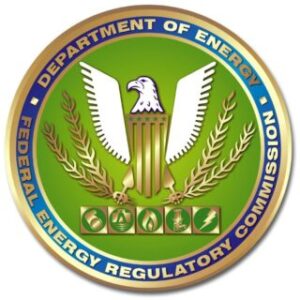
Amici Curiae of INGAA, NGSA, AGA and IPAA in support of Petitioner Islander East Pipeline Company.
In PUD No. 1 of Jefferson County v. Washington Dep’t of Ecology, 511 U. S. 700, 722 (1994), the Court reserved the question whether a state water quality certification under section 401 of the Clean Water Act (CWA), 33 U.S.C. § 1341, can stand if it conflicts with a licensing decision of the Federal Energy Regulatory Commission (FERC). The issue in PUD No. 1 was hypothetical because FERC had not yet acted. This case presents an actual conflict: FERC licensed Petitioner’s proposed pipeline under the Natural Gas Act (NGA), subject to construction restrictions addressed to impacts on the sea floor and shellfish, but Respondent Connecticut Department of Environmental Protection (CTDEP) effectively vetoed the project by denying Petitioner’s application for a clean water certificate under CWA § 401(a) based on the same impacts addressed by FERC. A divided panel of the Second Circuit, exercising jurisdiction under a 2005 amendment to § 19 of the NGA authorizing federal courts of appeals to remand state CWA permitting actions (inter alia) that are “inconsistent with the Federal law governing such permit and [that] would prevent the construction” of an interstate pipeline, 15 U.S.C. §717r(d), upheld CTDEP’s decision.
The questions presented are:
1. Whether the court below erred in applying the “inconsistent with the Federal law” standard under NGA § 19(d) without addressing the substantive CWA issue reserved by this Court in PUD No. 1, viz., whether a state can veto a FERC-licensed project through a CWA § 401 determination that conflicts with the FERC license.
2. Whether the court below erred in failing to address the question whether CTDEP’s denial of a CWA § 401 certificate, based on seafloor and shell fishing impacts rather than on water quality, is “inconsistent with Federal law,” within the meaning of NGA
§ 19(d) and CWA § 401(a); and
3. Whether a state may withhold water quality certification under CWA § 401(a) based on impacts to an industry, or to the seafloor, in the absence of a showing that a “discharge” from the construction activity results in an impact on water quality.







